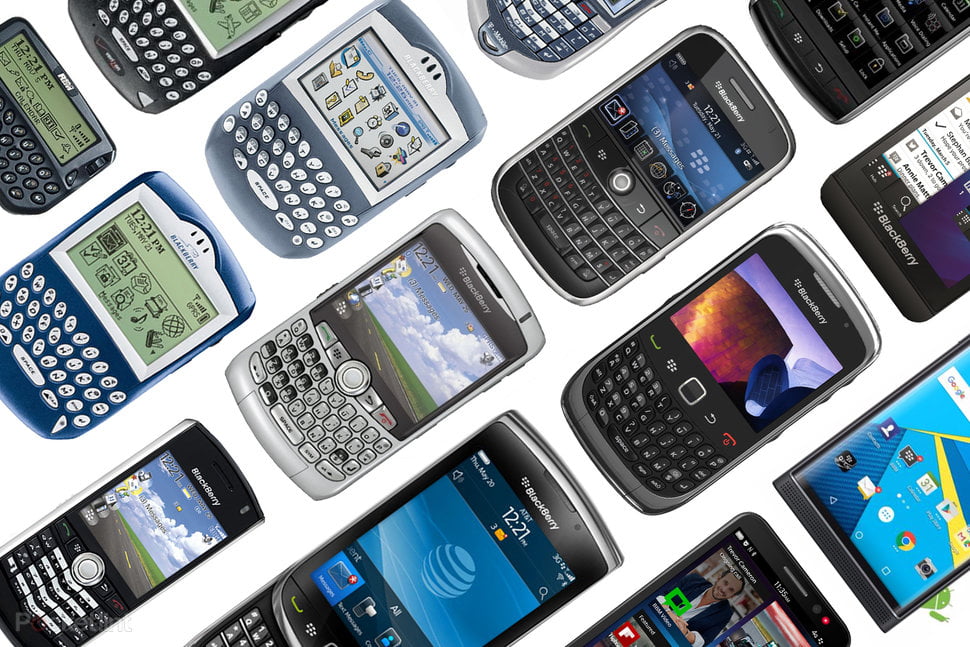When John Chen became chief executive of BlackBerry in 2013, one of his first acts was to confiscate his wife’s Samsung smartphone.
“There were a couple of parties we went to and, when my wife brought out the Samsung, everyone kind of looked at me funny,” he once told the Financial Times. “So eventually I said she needed to use a BlackBerry.”
This week Mr Chen admitted Mrs Chen had been right all along, as he announced BlackBerry was pulling out of the smartphone business.
Customers in some countries will still be able to buy handsets with the BlackBerry badge, but these will be designed, manufactured and marketed by third-party companies that license the company’s brand.
Mr Chen announced one such deal with an Indonesian group this week and said BlackBerry was in discussions with companies in India and China, but “CrackBerry addicts” living in Europe and the US could soon start experiencing withdrawal symptoms.
The decision to quit the hardware business comes after a string of failed attempts to revive the company’s smartphones, which were once the world’s best selling devices.
At the company’s zenith in 2008, BlackBerrys accounted for one out of every five smartphone sales, as its tiny Qwerty keyboards became indispensable to corporate executives and a must-have accessory for text-messaging teens.
But the group subsequently struggled to keep pace with competition from Apple andSamsung, and now its share of the smartphone market barely registers, at 0.1 per cent, according to Gartner.
Mr Chen joined BlackBerry as chief executive at a time of existential crisis for the company, and quickly slashed 4,500 jobs to try to stem the company’s losses.
He launched a string of smartphones, from the large, square Passport to cheaper devices aimed at consumers in emerging markets — but none of them sold in meaningful quantities.
Fastidiously smart and reserved, Mr Chen always struck an unusual figure in the smartphone world.
Compared with Apple’s iPhone events — where jean-clad executives strut across huge stages — the launches of BlackBerrys by a besuited Mr Chen were often drab affairs.
A veteran of enterprise software companies such as Sybase, which he sold to SAP for $5.8bn in 2010, Mr Chen is now pinning the company’s future on the industry he knows best.
In recent years, he has tried to turn the group into a software and services company, aimed at organisations that pride security above all else, such as public sector bodies and large corporations.
To that end, he has made a series of small acquisitions of groups like Good Technology, a mobile security provider, and AtHoc, a company that helps build emergency alert systems for governments.
But he has some way to go before realising his ambition of turning the company into a leading enterprise software group.
Although software sales jumped to $156m in the most recent quarter, from $74m in the same period last year, the company still generated more revenue from hardware and the fees that older BlackBerry users still pay.
Together, non-software revenue streams accounted for nearly $200m of sales in the company’s fiscal second quarter.
“We believe BlackBerry made the right decision in shuttering its hardware business, taking another step toward becoming a software company,” says Maynard Um, analyst at Wells Fargo.
“Our primary concern now revolves around growth and visibility.”
Regardless of whether Mr Chen’s pivot to software is successful or not, the once ubiquitous BlackBerry brand is set to disappear as a household name.



